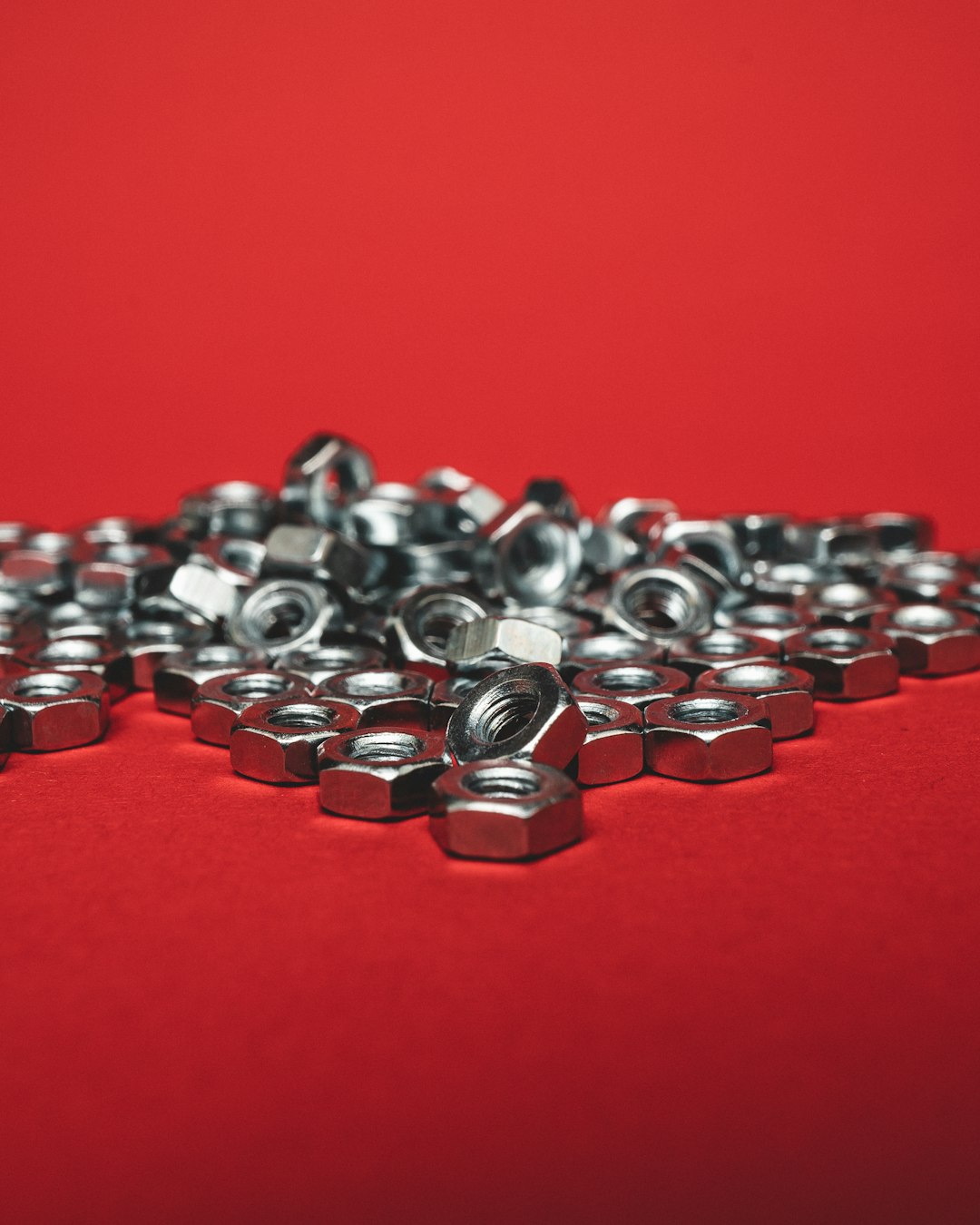 Photo by Mika Baumeister
Photo by Mika Baumeister
Originally Posted On: Know Your Nuts: Specialty Nuts (mudgefasteners.com)
In our last installment of Know Your Nuts, we’re reviewing some of the less common but still very important specialty nuts available for niche uses. All specialty nuts have a particular use case in which they excel, whether they’re being used for security, to overcome an engineering hurdle, or for a specific industry. Below are examples of several specialty nuts that may be beneficial to you when designing your fastened connections.
Coupling Nuts
Coupling nuts are threaded fasteners for joining two male threads together, such as threaded rods, pipes and other parts, including those with different sized parts. Coupling nuts can also be used to extend rod assemblies to longer length from shorter components. When a right hand/left hand coupling nut is required, the part needed is known as a sleeve nut.
Cage Nuts
Cage nuts typically consist of a square nut encased in a spring steel cage with wings that can be used to compress and release the nuts. Also known as captive nuts or clip nuts, the most common use of cage nuts is in different types of equipment racks and mounting rails.
Castle Nuts
Castle nuts, or castellated nuts, have grooved heads that align with holes in a mated bolt, allowing a cotter pin to be inserted and therefore locking the nut in place. Installed like a traditional hex nut, the castle nut is commonly used in low torque applications as a simple to use, low-cost means of protection against loosening caused by vibration.
Weld Nuts
Weld nuts are a type of specialized nut engineered specifically for the purpose of being welded to another metal component. Weld nuts are helpful when a very high strength connection is needed in an application with limited space. Weld nuts come in a variety of shapes, including square, round, tabbed and flange. Since weld nuts need to be welded, they usually come uncoated, to be painted or finished later after the welding is completed.
Wheel Nuts
A wheel nut, more commonly known as a lug nut, serves the specific purpose of securing a wheel to a vehicle. Automobiles, trucks, and other large vehicles with rubber tires are the most typical applications for wheel nuts.
Rivet Nuts
Rivet nuts, also known as blind rivet nuts or rivnuts, are one-piece internally threaded and counterbored tubular rivets. Rivet nuts are a type of threaded inserts, and can be anchored entirely from one side. One form of rivets nuts are designed to bulge on the back side as a fastener is tightened, locking the assembly into place. Rivet nuts are most commonly used in applications where the substrate is too brittle or thin for regular hole tapping, especially in tubing for electronics, aerospace and more.
Self-Clinching Nuts
Self-clinching nuts, also called swage nuts, provide a great solution for design engineers when a strong reusable thread is needed for their application. Self-clinching nuts can fasten softer materials permanently by anchoring into the material, and are often used in sheet metal and cable railing assemblies.
Tri-Groove Nuts
Tri-Groove nuts belong to a family of specialty fasteners known as “security fasteners” or “tamper-proof fasteners” and are commonly used in public applications like parks, campgrounds and community centers. Tri-Groove nuts are installed using a unique socket designed to grip the indentations on the outer body of the nut, allowing it to be turned along the threads. It’s typical for these security fasteners to be used with driver-less fasteners, like carriage bolts and concrete anchors, ensuring a fully tamper-resistant assembly.
Break Away Nuts
Break away nuts, or shear nuts, are another type of security fasteners used in assemblies where tampering could be a concern. These conical-shaped nuts feature a hexagonal gripping point, and are designed to allow the hex head to snap off, or “break away”, once the maximum torque is reached. What remains is a protective cone nut that is tamper-proof and extremely difficult to remove since nothing remains to be gripped.
If you have further questions about specialty nuts, please don’t hesitate to contact us for more information.